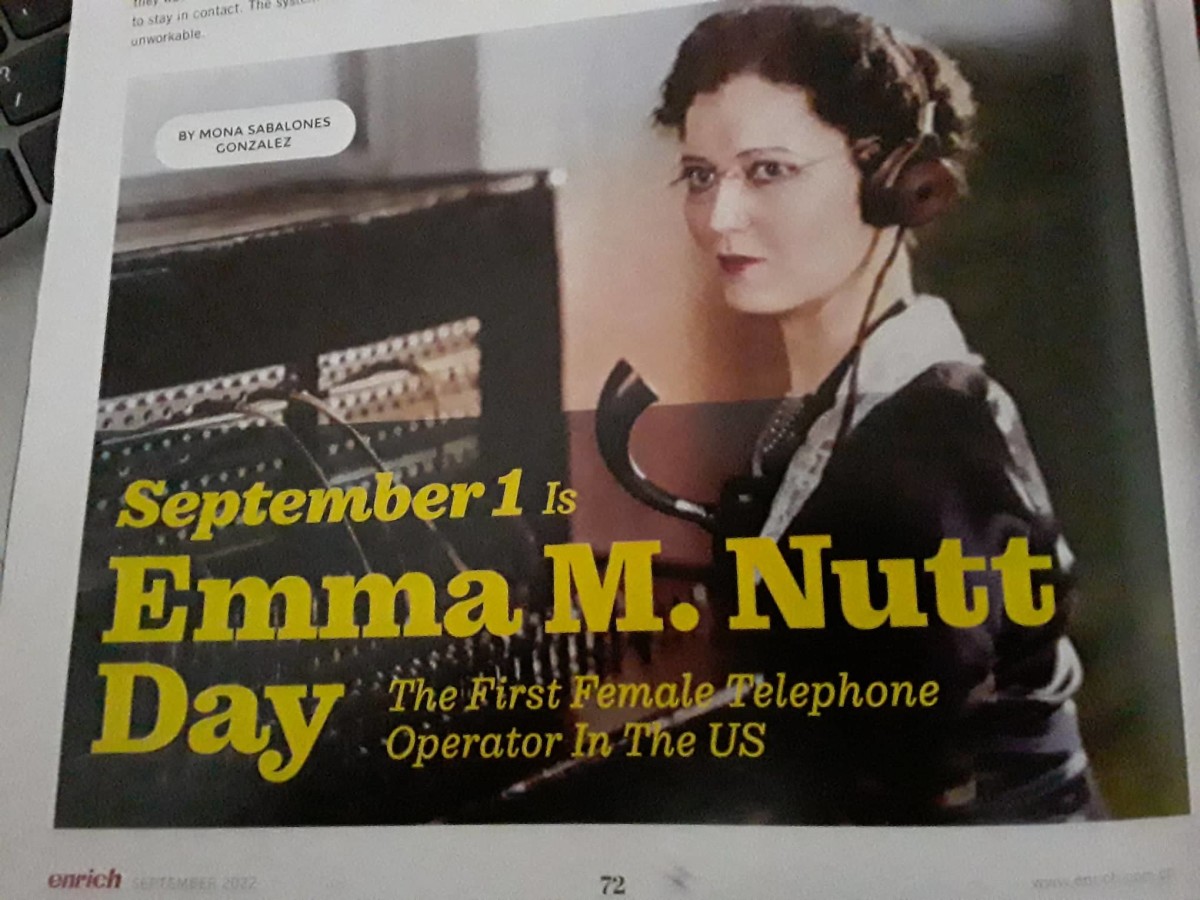Customers To Blame For Poor Products

I listened to the most recent episode of Talkback this past week, and as usual The Merc and Have Hope attacked big business, specifically big studios, for poor movies. Clearly, many big studio movies of poor, but this is not the fault of the studios. Of course, the studios do determine what types of movies are going to be made, but the studios' number one concern is to earn a profit. I agree with The Merc and Have Hope, money should not be the number one concern. This does appear to be a contradiction; however, being selfish does not mean being irrationally selfish, materialistic, or to be overwhelmingly concerned with money. The virtue of selfishness is to desire and strive for producing one's best. The studios are not really concerned with creating the best movies. On occasion they are. However, there biggest concern is indeed earning the most money possible. A great deal of responsibility lies on the studios for this vice. The studios do choose what kind of movies they are going to make. However, some blame does rest on the customers.
Businesses produce what customers will buy. If customers will not buy it, the business will not make it. No business sells eye mittens, no one would buy that. However, several businesses sell alcohol because people will buy that. Businesses must be concerned as to what customers will buy because if no one buys the business's products, the business will go bankrupt. Business owners and employees do not want to business to go bankrupt because they like their jobs, they like creating products. Sometimes their priorities do get out of order. Eventually, some businesses stop being concerned with creating great products, and become solely concerned with making money. However, even in those situations, the business is still concerned with what the customer will buy.

Unfortunately, most customers are ignorant and complacent. Most customers like really bad products, and are satisfied with the less then mediocre. This is true for movies. Most customers like 27 Dresses, What Happens In Vegas, 88 Minutes, American Gangster, The Incredible Hulk, The Happening, etc. If customers hated those movies, like they should, the studios would not make them. The studios would not make any money on those movies, so they would stop making them. Therefore, The Merc and Have Hope need to start attacking customer ignorance and complacency. They should not stop attacking big businesses, but they should attack big businesses for the right reasons. Once again, big businesses should be more concerned with making good products and not making lots of money, that is true selfishly. However, The Merc and Have Hope need to address that business should not be completely unconcerned with money. They need to point out there is only so much the studios can do in producing good movies, for they still need to make money. It is the customer, the individual's desire for better products that will cause businesses to make them.

This actually reminds me of podcast 1083 of Freedomain Radio. Stefan Molyneux explains that artists promote vicious themes. However, it is not the artist that must be replaced, for as long as the customers respond to the artists vicious themes, the artist will continue to promote them. Molyneux points out that the first element that must be replaced or changed in order to destroy and correct the machine of evil is the family. Parents must stop promoting vicious and false morals to their children. Then their children will grow up, become the artists, and promote virtuous and true themes. Also, as the children are growing up, they will demand virtuous and true themes from the artists.
- Learn to draw a cartoon Dog
1. First Imagine in your mind that what kind of dog you wish to draw.. Puppy Dogs? Dogs with bone? In this tutorial I will demonstrate how to draw a cute dog.. - The city that burnt
28th December, the city of lights lost its heritage as the oldest and the most revenue generating business hub costing billions of Rupees and priceless family traditions caught ablaze by those who are knowingly unknown.








